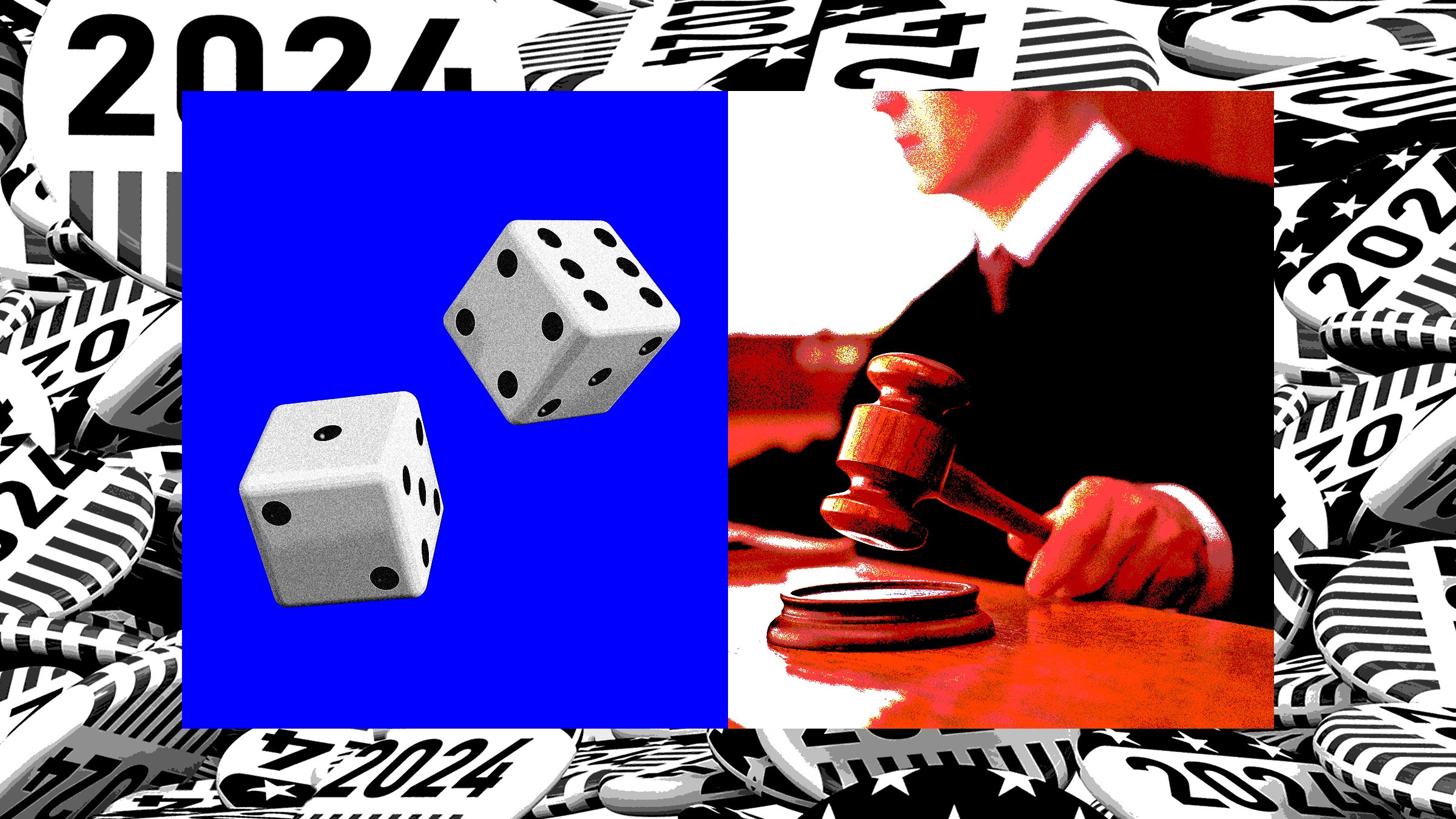
A federal judge has cleared the way for betting on election results in the US for the first time in the modern era, overturning a prohibition imposed on gambling companies by the Commodities Futures Trading Commission, a financial regulator.
In November, the CFTC was sued in the District of Columbia by New York-based Kalshi, which operates a predictions market that allows users to bet on the outcome of various events, from the volume of recorded bird flu cases to the number of cars produced by Tesla. Kalshi filed a lawsuit seeking to overturn a CFTC decision preventing it from offering bets on whether the Democratic or Republican party would control the two chambers of Congress.
On September 6, Judge Jia Cobb ruled in favor of Kalshi, overturning the CFTC prohibition. At a hearing on Thursday, the judge denied a motion for delay meant to buy the CFTC time to appeal, which means betting may now begin.
The debate over whether betting on the elections should be allowed in the US runs back decades. At the moment, the practice is illegal under the laws of numerous US states, like Texas and Nevada, but not everywhere.
The CFTC has so far refused to grant gambling platforms a license to offer odds on election results, amounting to a de facto ban. In May, the agency proposed new rules that would make election betting explicitly illegal, classifying it as a type of gaming—a practice over which it has some jurisdiction. The proposal garnered support among some Democrat senators—among them Elizabeth Warren of Massachusetts and Jeffrey Merkley of Oregon—who in August cosigned an open letter endorsing the CFTC’s plan.
Organizations that lobby against the legalization of election betting claim the practice would encourage meddling by malign actors. “The trust and confidence of American people in our election system is at a very low point. The last thing we need is for people to be incentivized to interfere with the election process,” says Dennis Kelleher, president and CEO of nonprofit Better Markets. “There can be no doubt, when there are hundreds of millions of dollars on the line, people are going to be incentivized to engage in conduct that interferes with the elections.”
The CFTC did not respond to questions from WIRED, but in a previous statement, its chairman, Rostin Behnam, laid out the justification for the ban it had proposed. “Contracts involving political events ultimately commoditize and degrade the integrity of the uniquely American experience of participating in the democratic electoral process,” he said.
But in its lawsuit, Kalshi argued that election-related event contracts—the type of betting instrument in question—are a valuable tool for businesses hoping to hedge against a political outcome that might be unfavorable to them. The company also argued that data produced by this type of betting activity can be used as a valuable alternative to traditional polling. “You get more truth out of these markets,” claims Tarek Mansour, cofounder of Kalshi. “They do a better job at aggregating the prevailing wisdom.”
Election betting is a widespread practice elsewhere in the world, including the UK. Though politicians have been investigated for allegedly using non-public information to inform bets, WIRED was not able to find examples of election interference related to betting activity.
In the written ruling, Judge Cobb sided with Kalshi on the belief that the CFTC had “exceeded its statutory authority” in using its jurisdiction over gaming to stand in the way of election betting. “Kalshi’s contracts do not involve unlawful activity or gaming. They involve elections, which are neither,” the judge wrote.
The CFTC says it will make an emergency application to the US Court of Appeals for a temporary hold on election betting while it appeals the district court ruling. But at least for now, the way is clear for Kalshi to begin offering bets on congressional races in states that do not impose a blanket ban. The ruling also raises questions about the CFTC’s ability to carry forward its plans for a formal ban.
The timing of the ruling will allow Kalshi to enter the market ahead of the November elections, which it expects to attract large numbers of speculators. “Elections are big, there’s no question. Americans really care,” says Mansour. “It’s a big market, and we want to get into it.”





